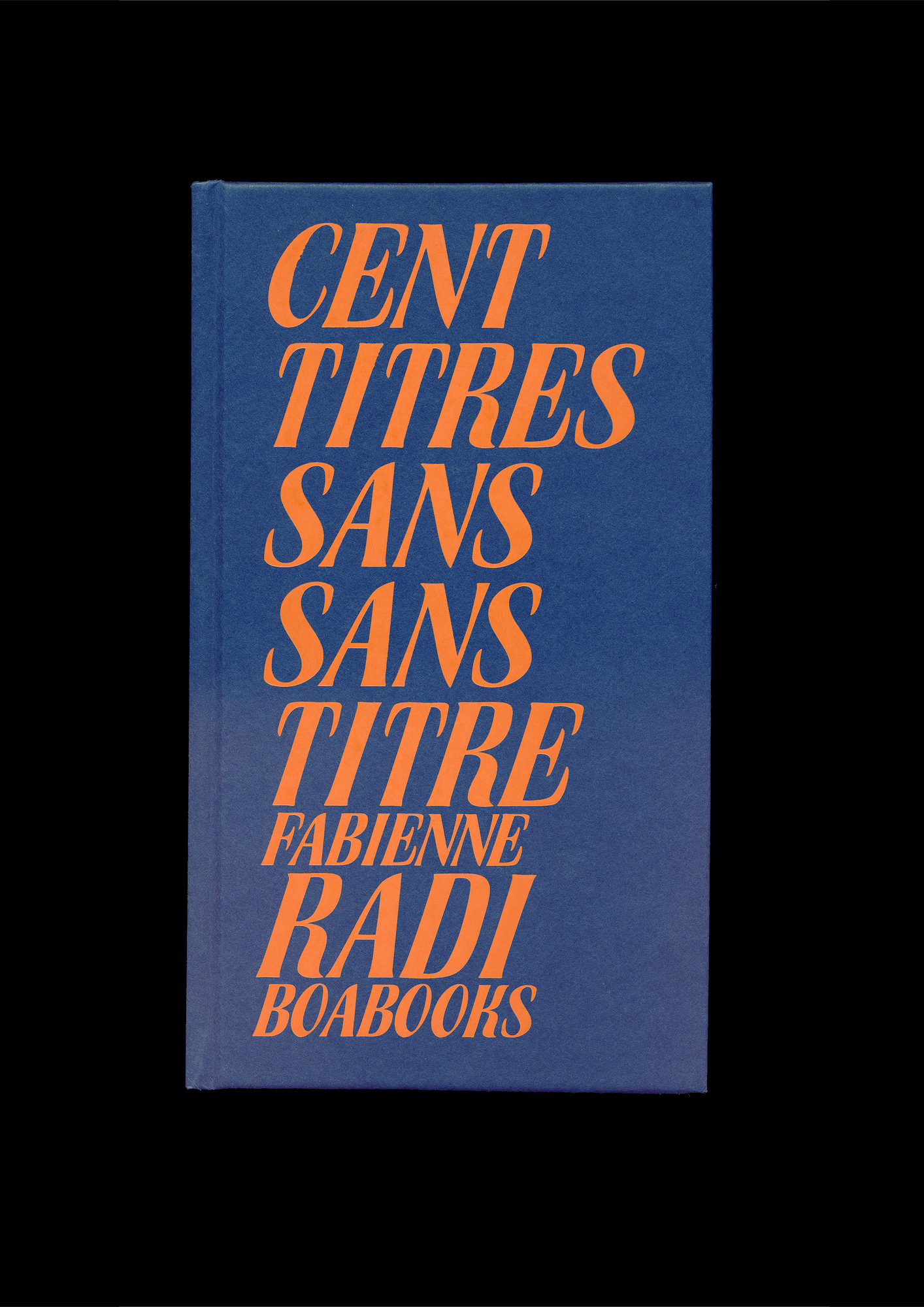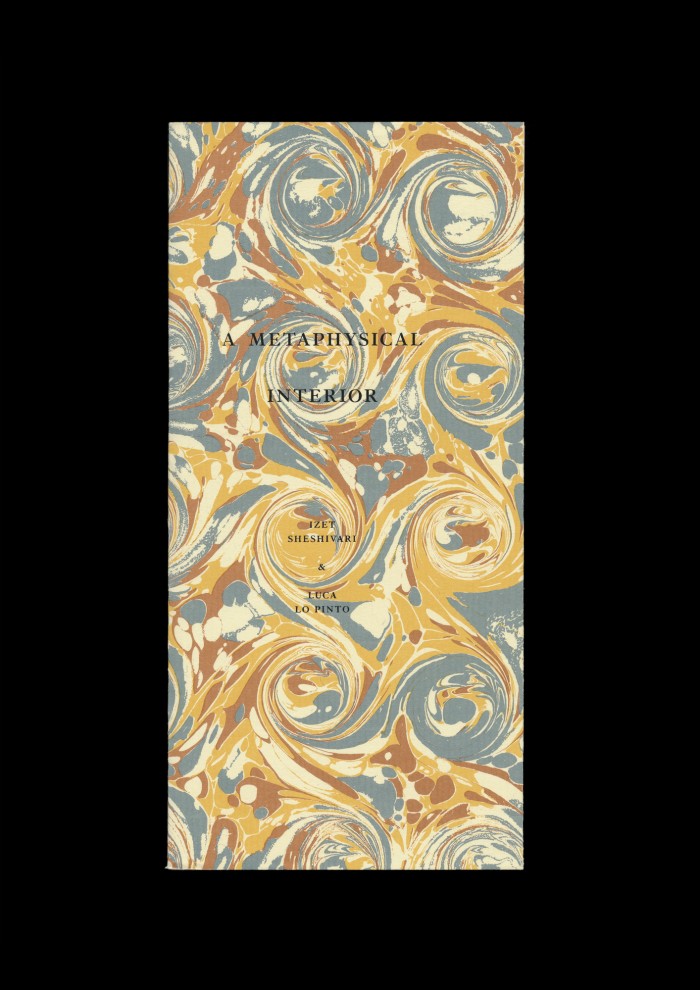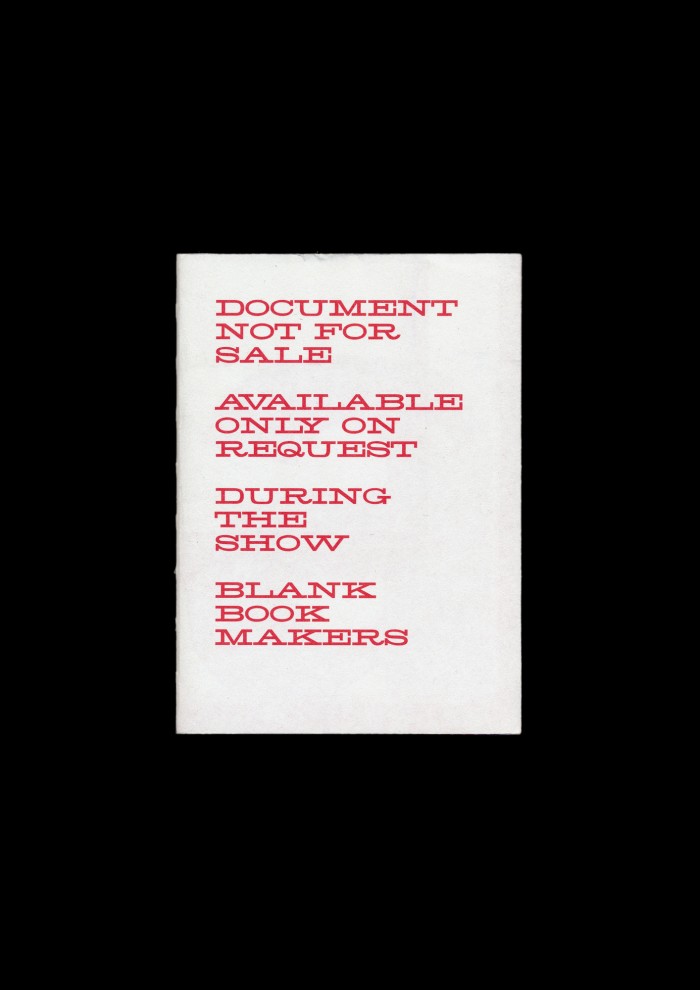
11 June 2016

Primarily working as an artist, Izet Sheshivari (1981) founded Boabooks in 2008 to develop a practice of critical engagement with bookworks for the digital age. Before that, he published books such as «99 web-found sentences» with Nieves, Zurich, 2005; «La promenade du roi», ECAL, 2003, and «La collection Hauserloosli», Geneva, 2003.
Apart from curating and participating in exhibitions, he is currently undertaking research on publications and installations, mainly on printed matter.
How relevant is the notion of UTOPIA within your practice, approaches and strategies?
Dreams and inspirations for my work often happen during night time. I love the metaphysical poets too but I’m more interested in concrete thinking. Some people use escalators without thinking about what they’re doing, but if they stop, at first they fall and then they start to think that moving by themselves is much more exciting. I work on my library most of the time, selecting, browsing and rearranging an archive and bookshelves, so in a way moving books is part of my daily practice and perhaps also my Utopia.

Utopia is defined as the imagination of an ideal system or pattern of a civil organisation. How do you see the role of creative practice within this concept? Or otherwise, can design change society – referring to a common utopian aspiration to create a new society through design?
I read once that one should memorise 200 poems to have somewhere to go to in captivity. When you read a newsprint article nowadays you can choose the design of it, not only with new technology but also because most media is made up of big companies and not journalists, so for example in Switzerland, you can find the same text in three different francophone newspapers. The design and typeface changes, but not the content. A, F, P: these letters are our new panagram. A neutral country that sells so many weapons – perhaps that’s Utopia?
Are there any other manifestos, publications or thinkers that have influenced your work or mindset?
I read “Guantánamo Diary” by Mohamedou Ould Slahi lately, which is a very moving text. Otherwise, apart from my love and many artists, who are the people who influence me the most, I like to find my own way to Utopia.
More about Izet Sheshivari here.
